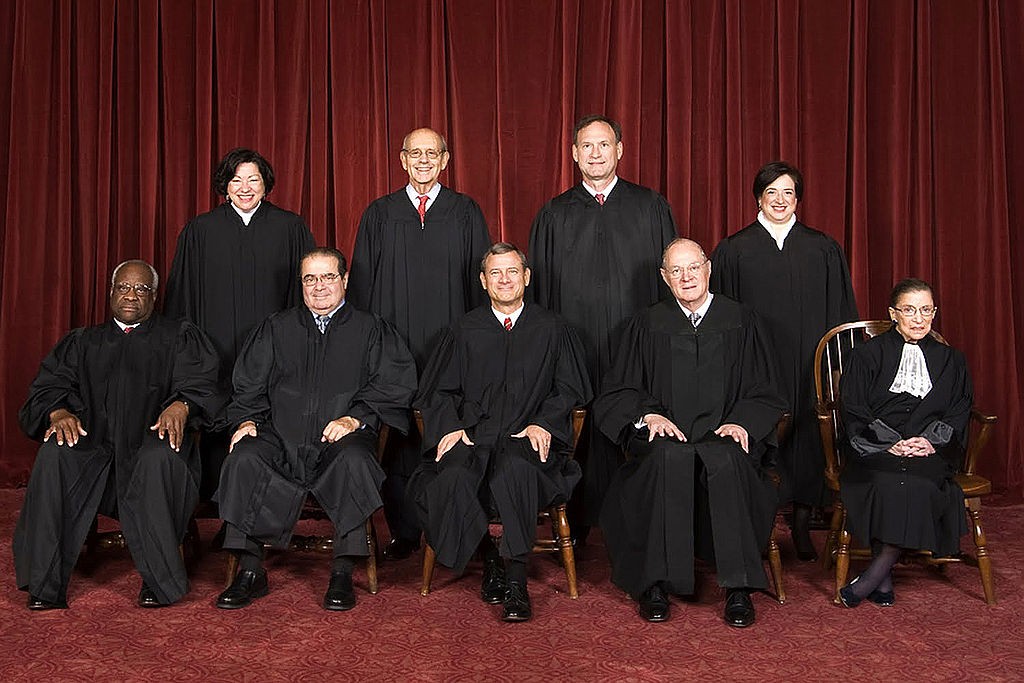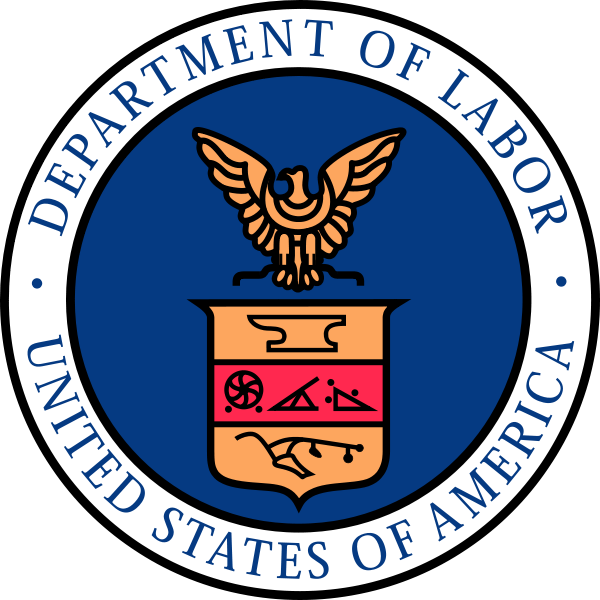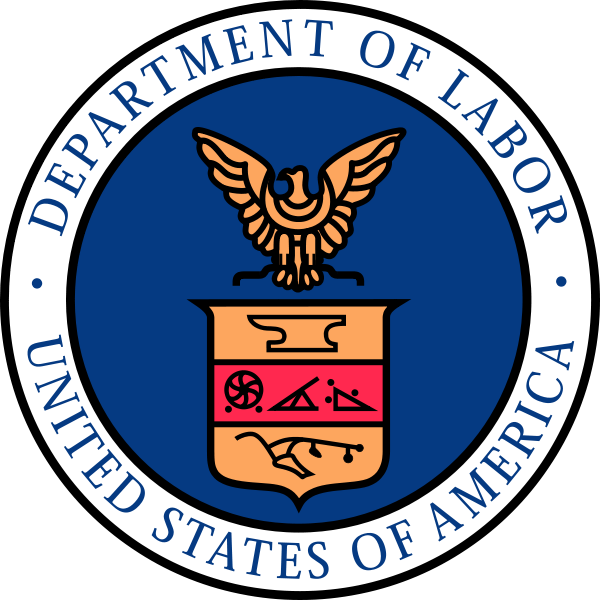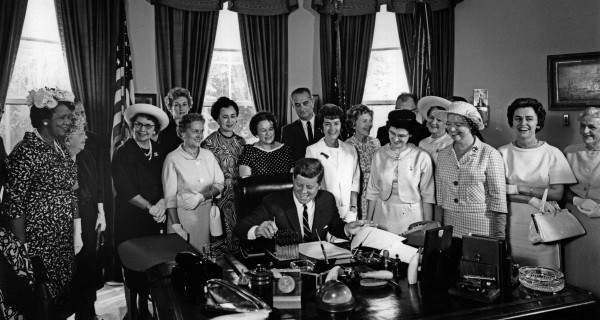The Supreme Court chose to uphold to Affordable Care Act (ACA) in a 6-3 ruling that will have lasting impacts for President Obama’s legacy. The more immediate impact of the ruling, however, was to prevent millions of American’s from losing health insurance coverage purchased on federal exchanges. From the perspective of employers and health insurance providers, the ruling means a continuation of the status quo. Most companies have already made the necessary adjustments to comply with ACA standards, and won’t need to make any further changes.
There are, however, ongoing points of contention relating to the Affordable Care Act. Specifically, there has been some question as to whether all employers are required to cover contraceptive care for women without cost sharing. Currently, non-profit religious organizations as well as some “closely held corporations” may apply for an exemption to the contraceptive mandate.
On July 10, the government released final regulations for the coverage of preventative contraception services. Under these regulations, non-exempt employers must provide coverage without cost sharing for “all Food and Drug Administration approved contraceptive methods, sterilization procedures, and patient education and counseling for all women with reproductive capacity.”
The regulations went on to define which “closely held for-profit entities” would be exempt from this requirement. Specifically, the company cannot be publicly traded and must have an ownership structure under which five or fewer individuals hold more than half of total ownership. In these cases, companies may file for an exemption, and separate coverage for contraceptive services will be provided to employees without involving the employers.
While the ACA has likely faced its final major legal challenge, there will be ongoing questions around some of the more specific measures included under the law. Coverage of contraceptive services, in particular, remains a complicated point.





















